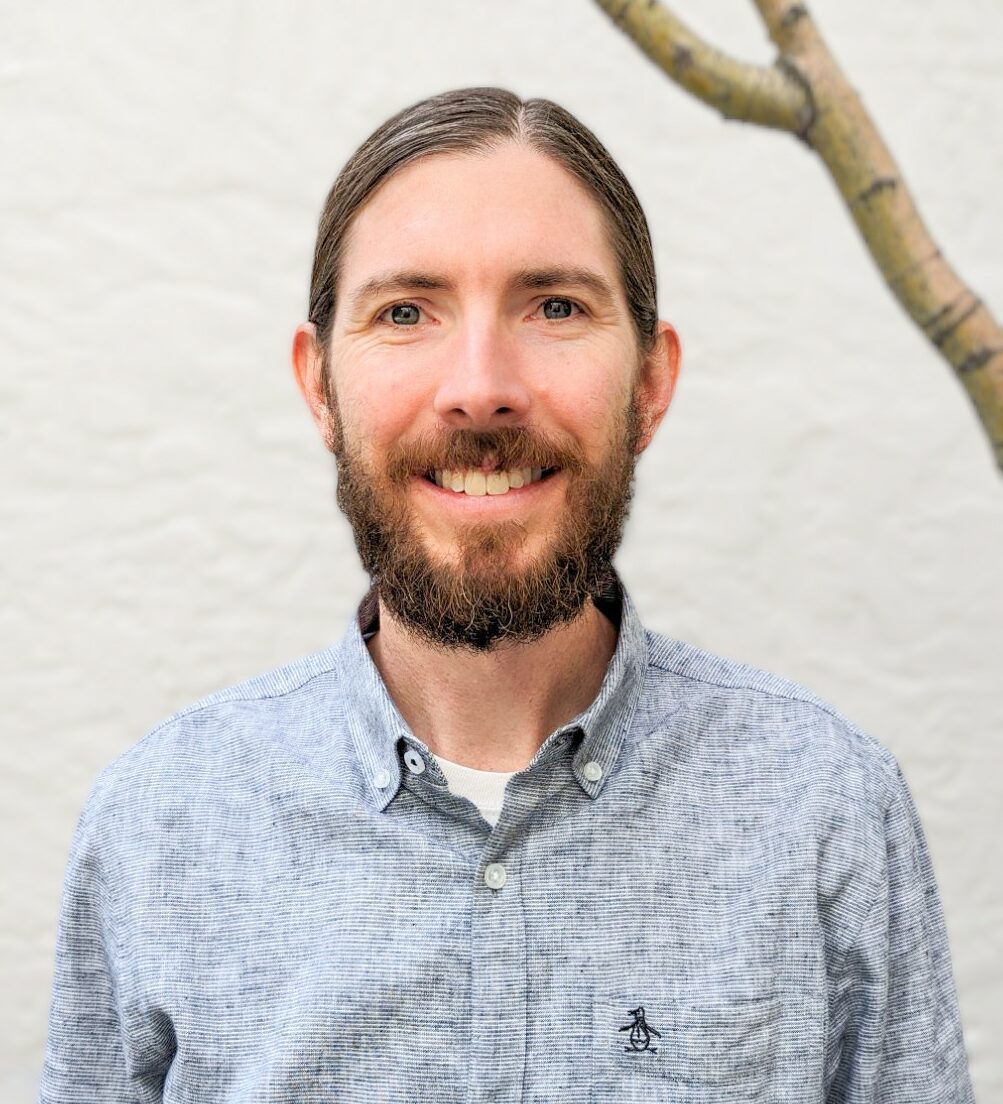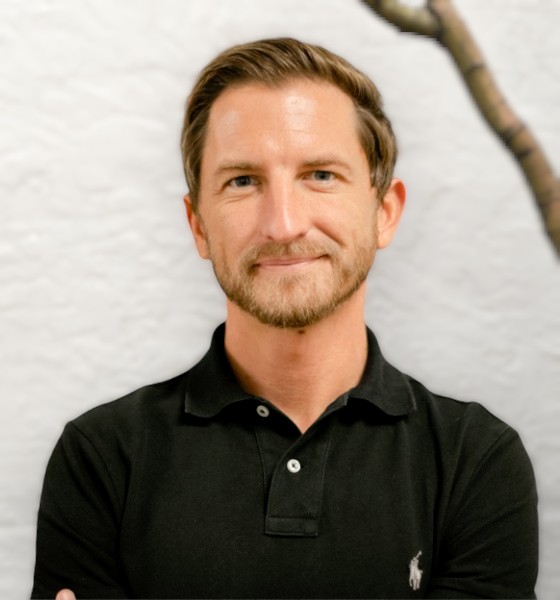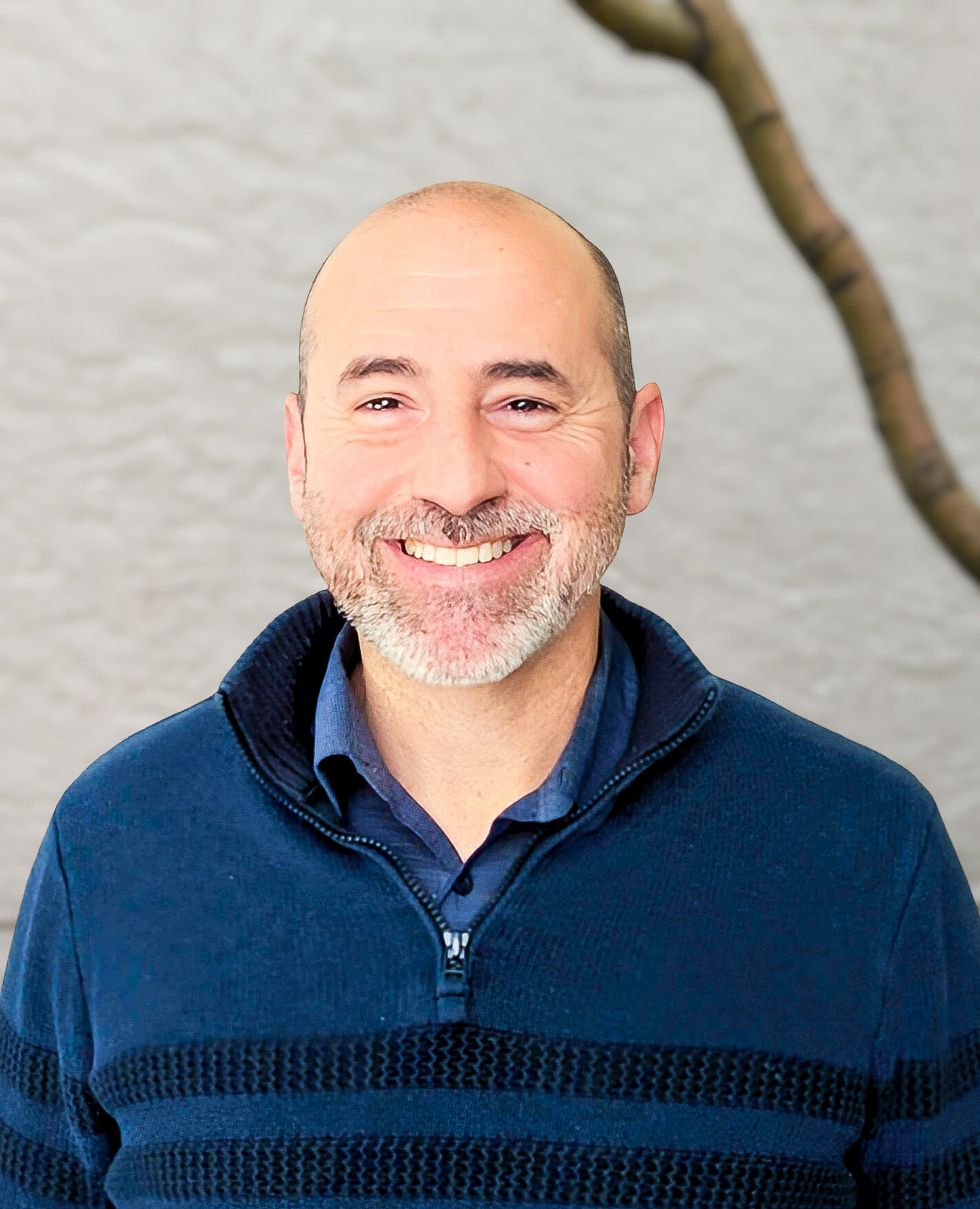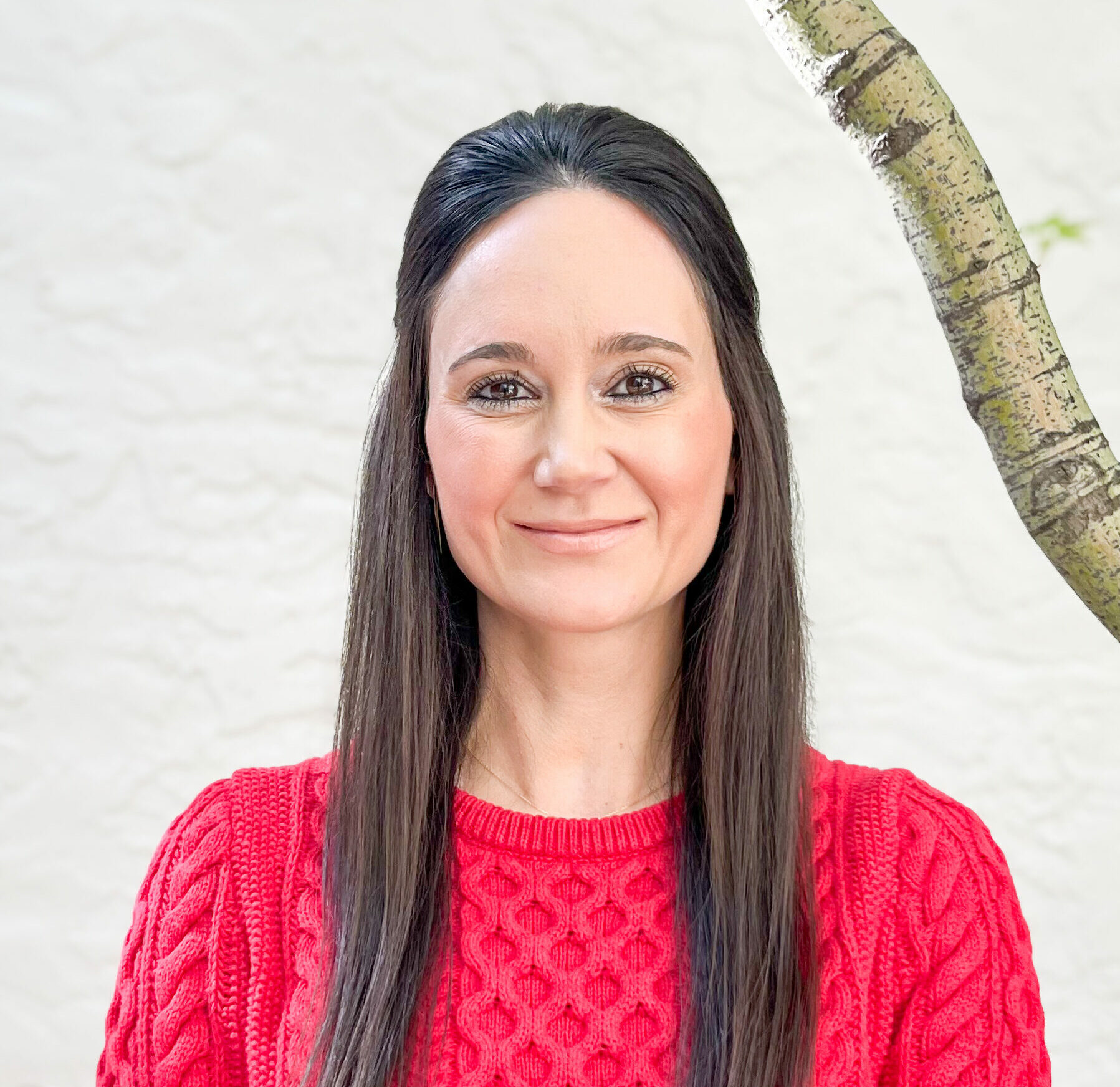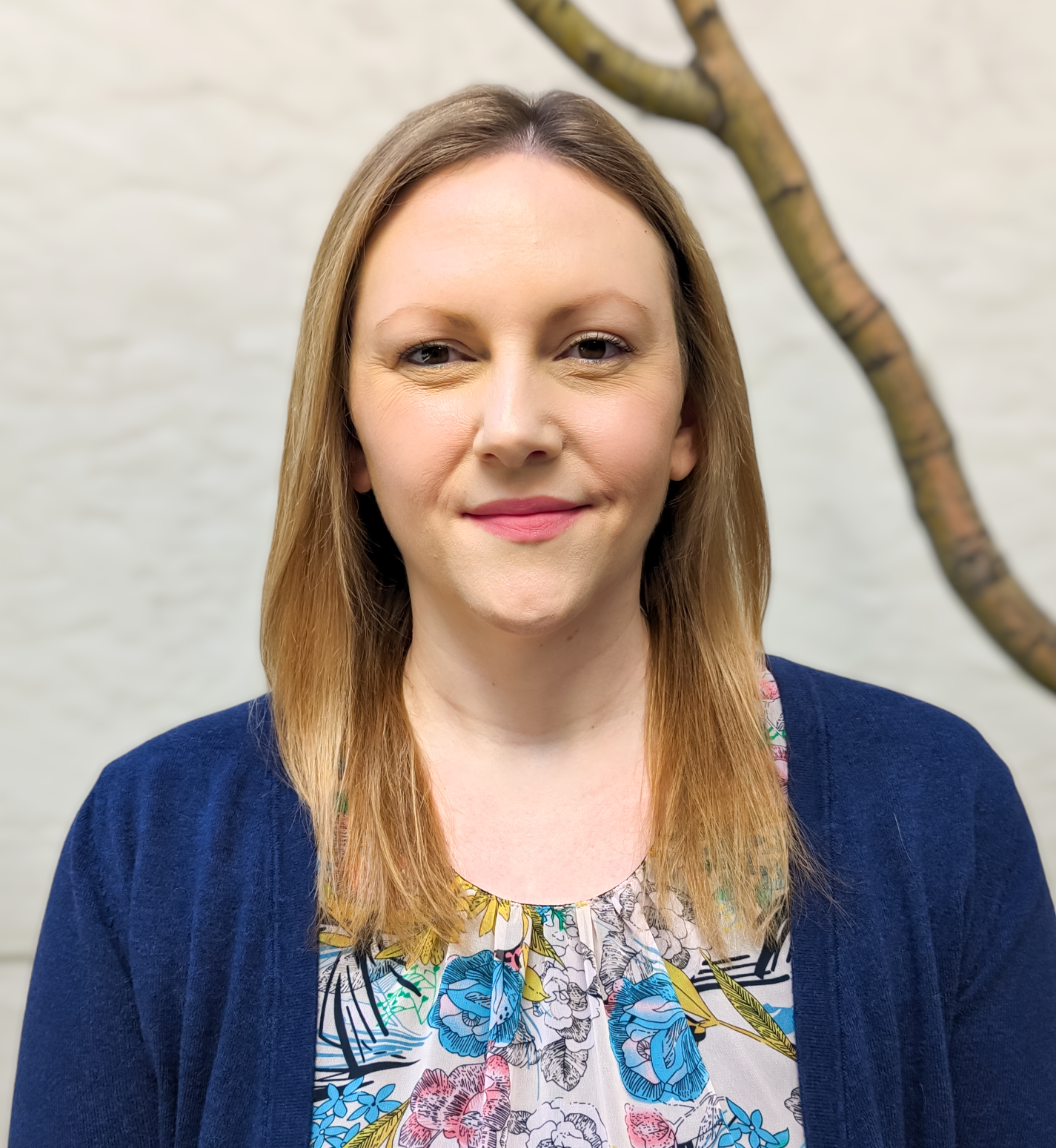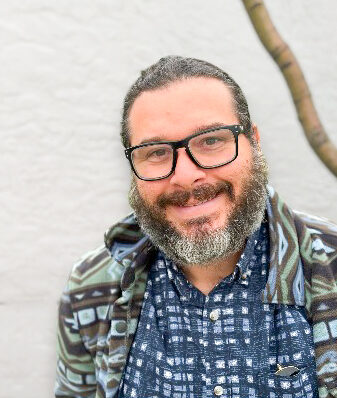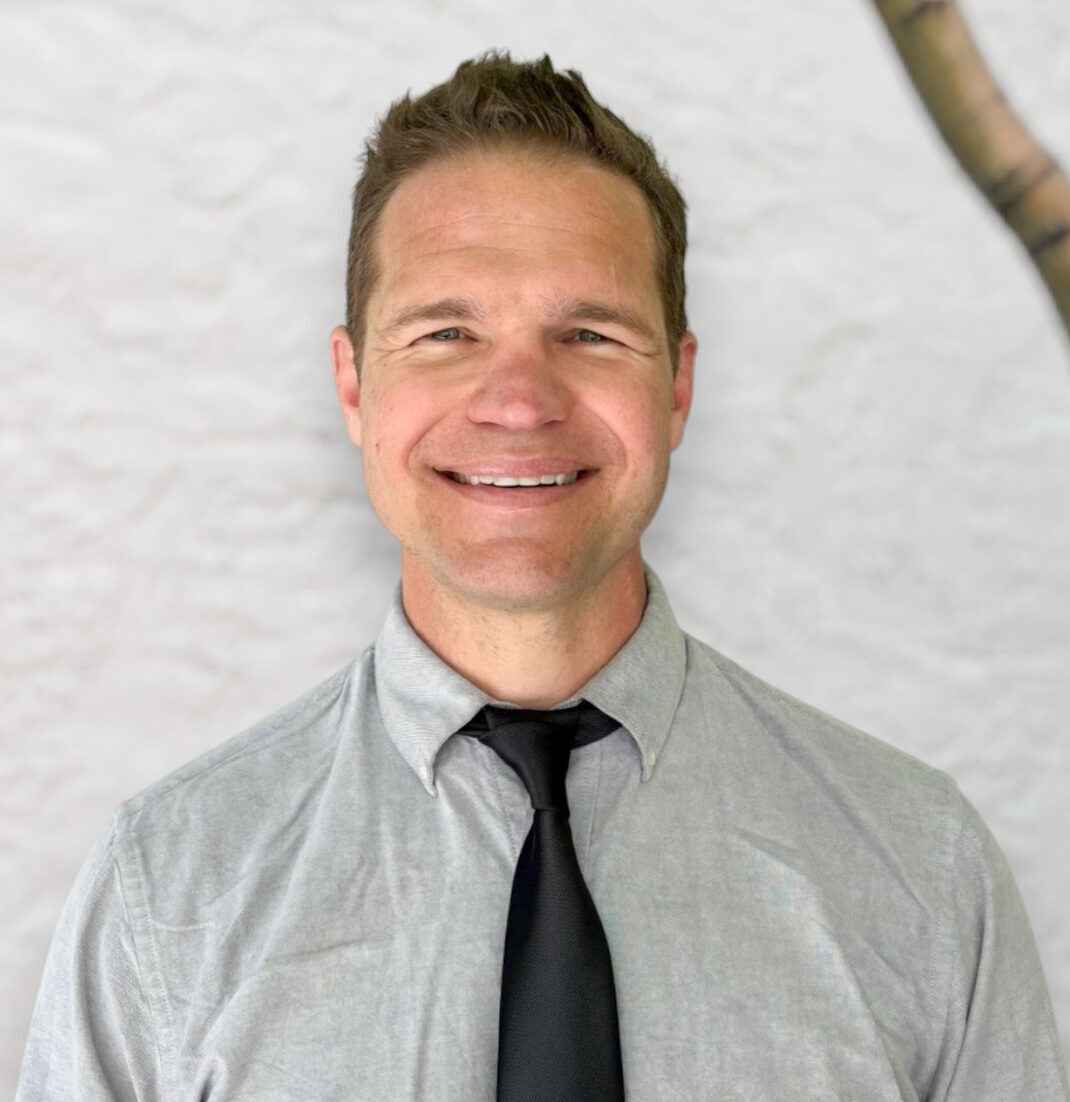
Matthew Metzger, Ph.D.
I specialize in psychoanalysis and the treatment of unresolved trauma, spanning from early childhood to adulthood, from acute traumatic events to chronic and pervasive maltreatment and abuse. I understand that in the field of psychological trauma, no one goes untouched and there are none whom have gone through life without pain so significant that it changes the course of their life – from subtle shifts to extreme redirections, from our everyday choices to our basic core beliefs and underlying worldview.
Trauma is not inherently bad for this reason – painful experiences often shape us in powerfully beautiful ways. Other life events, however, are so horrific or so regrettable that we convince ourselves that we can simply banish the memories and move forward without the closure we deserve to heal from our wounds. This is unresolved trauma, and it leads to the re-experiencing of helplessness, preoccupations with the past, and defensive maneuvering around the threat of re-experiencing similar pain (unhealthy/insecure bonding in relationships, substance abuse, cynicism with loss of motivation, emotional withdrawal or destructive misdirection of feelings). By avoiding the work it takes to eventually triumph over these painful chapters of our life, our identity formation and psychological health is threatened all-together. We lose a part of our story that has the power to make us stronger and we become internally fragmented. We become scared. Because of this lack of healthy integration, anxiety and depression set in; we cannot restore ourselves as whole and we settle for broken.
Research continues to show that “goodness-of-fit” is the most crucial factor in helping a patient to resolve their symptoms; predominantly, therapist and patient ought to have similar “worldviews” or internal working models for explaining our experiences. More simply put, if you are resonating with what you have read about my approach, I’m happy that you’ve found someone that at least in some small way, is like you.
My Background
While enrolled in the doctoral program for Clinical Psychology at the Institute of Transpersonal Psychology (ITP) in Palo Alto, I also began training as a hypnotherapist at The Healthy Hypnotherapy Institute in Point Richmond, and was certified as a Clinical Hypnotherapist in 2006. I went on to receive my Masters in Arts in Psychology in 2009 and my Ph.D. in Clinical Psychology in 2011. I became a Licensed Psychologist (PSY25425) the following year in 2012. In 2025 I completed a three year Core Training program certified by the International Experiential Dynamic Therapy Association (IEDTA) in Intensive Short-Term Dynamic Psychotherapy (ISTDP).
I have worked in homeless shelters, community mental health clinics, drug and alcohol rehabilitation centers, and private practice. I was a program manager for a court-mandated drug and alcohol rehabilitation facility for 5 years, an executive director of a community mental health center for 2 years, and both adjunct and core faculty at a local graduate university for Ph.D. students in clinical psychology for 2 years. In 2014, I found myself beginning to settle in private practice and now work full-time at Wellspring Psychology.
I was fortunate to have spent the majority of my time as a student-in-training under the psychoanalytic tradition, as it resonates with my own internal experiences in addition to my beliefs about what helps patients to fundamentally transform through confrontations with core issues, rather than strictly the reduction or muting of symptoms so as to become more manageable and less debilitating. I am passionate about Intensive Short-Term Dynamic Psychotherapy (ISTDP) and draw most of my methodological orientation from this powerful and effective psychodynamic approach. I continue to work on growing as a clinician and am motivated to never cease being a student of psychology and the pursuit of helping patients transform their lives.
More Of Our Team

